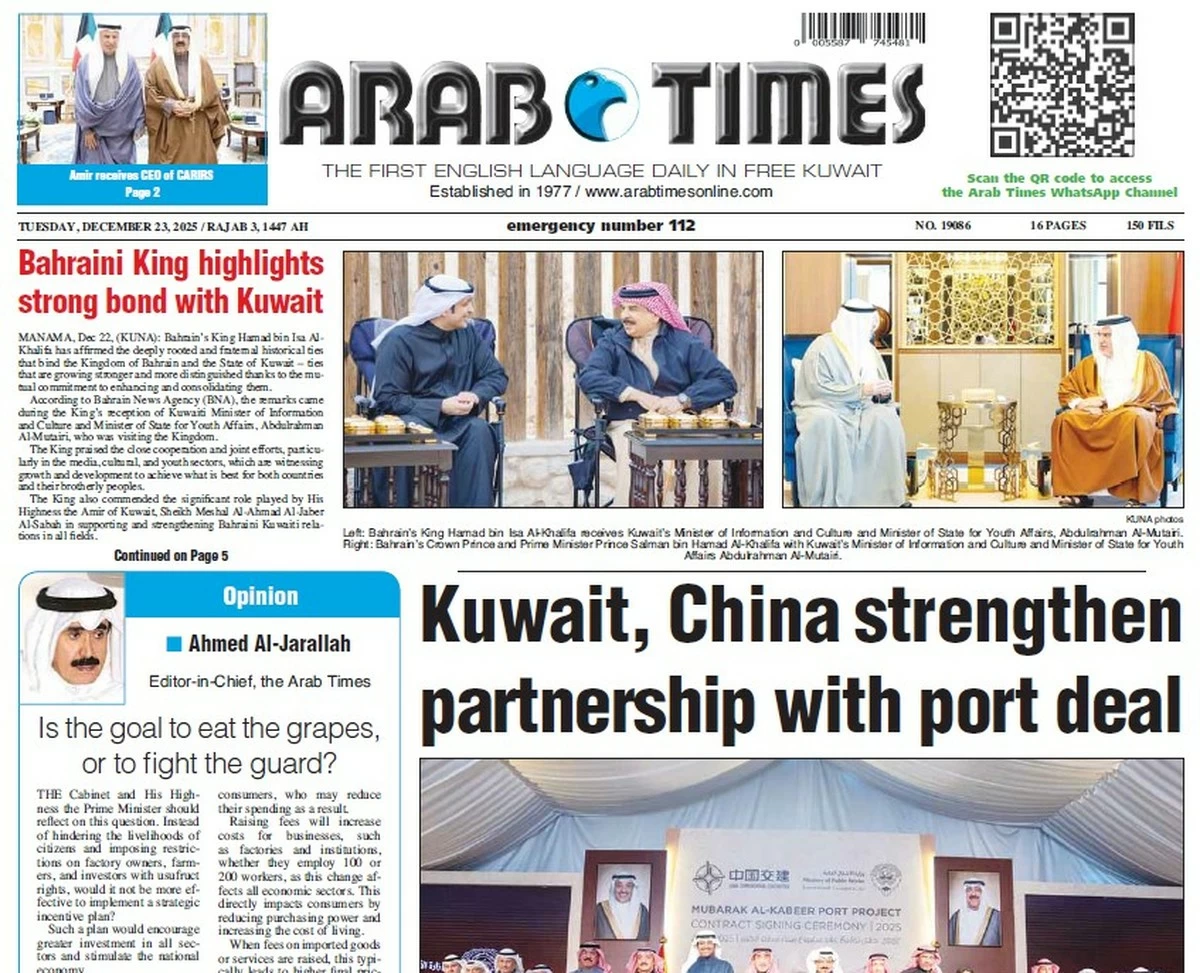07/06/2023
07/06/2023
According to Sean Yom, Senior Fellow at the Project on Middle East Democracy based in Washington DC, Kuwait is the most liberalised Arab monarchy with a considerably powerful National Assembly. Though constrained by a royally appointed government, the parliament is chosen through competitive voting, which augers well for the country’s politics. But despite having the most “empowered parliament” in the Gulf, different branches of political governance have reached a kind of impasse in Kuwait. In recent years, there have been frequent confrontations between the executive and the elected branches leading to flash elections. Elections in September 2022 resulted in an opposition-led parliament. Two female candidates emerged victorious- the highest number in a decade.
In March 2023, the results of this election were upended, and the previous parliament was reinstated. In April, the country’s leadership announced the dissolution of this parliament and announced the country’s third election in as many years. On June 6, Kuwait’s seventh general election took place in just over a decade following repeated political crises that have stalled reforms.
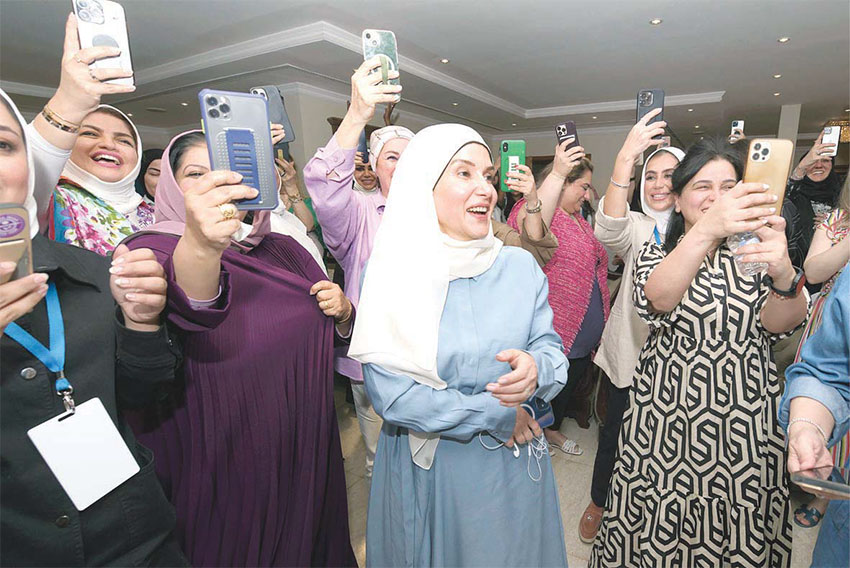
Once again, women lost out, with only Jenan Bousheri scoring a win. To get a sense of the people’s mood after the recent political upheavals, Arab Times reached out to locals from various walks of life.
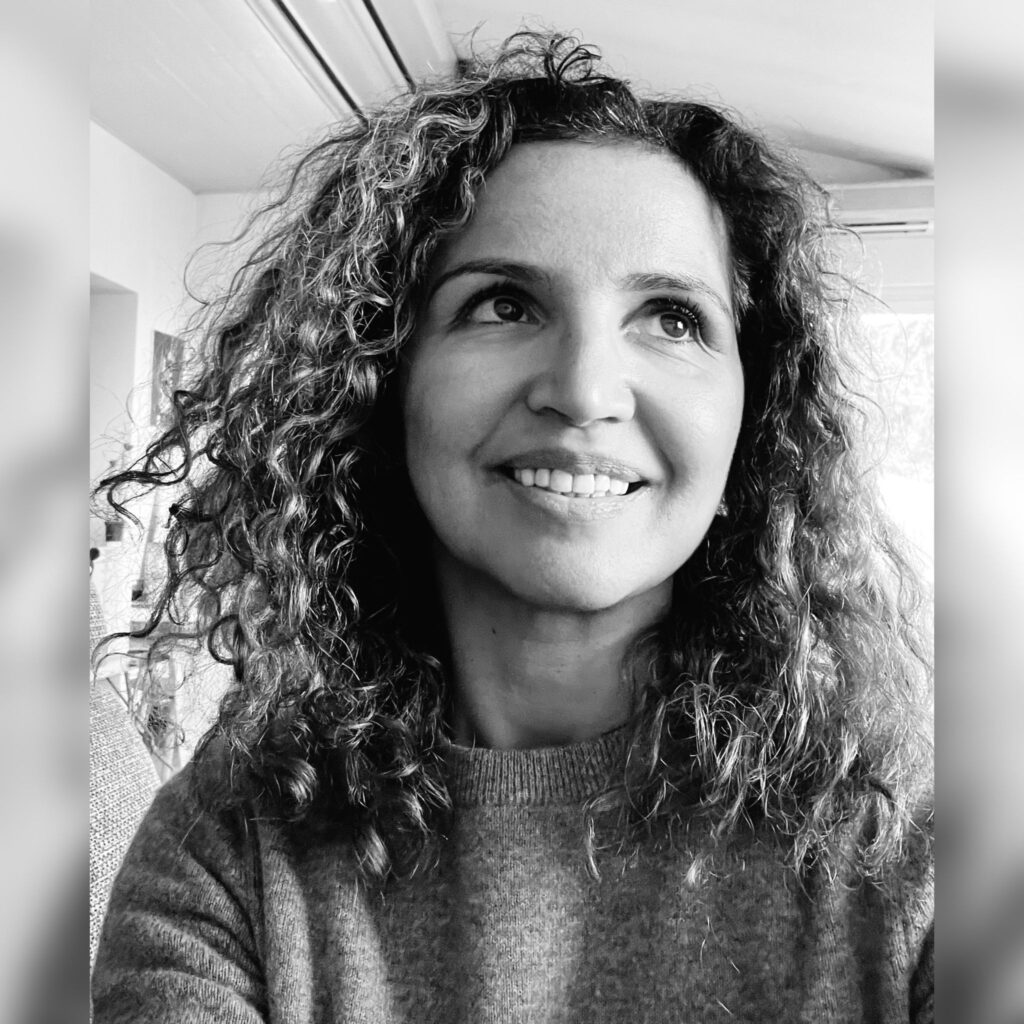
Nejoud Al Yagout – Poet -Activist
The fact of the matter is that I no longer have expectations. None whatsoever. Having said that, though, I still retain hope, albeit false. I hope that the MPs will one day in the near future focus on education, the advancement of knowledge, progression, infrastructure, abolishing articles such as Article 153 and Article 182, protecting the rights and the dignity of women and minorities and children, respecting expatriates, opening the country to tourism, securing freedom of religion and worship for all, and promoting a community which prides itself on egalitarianism and coexistence.
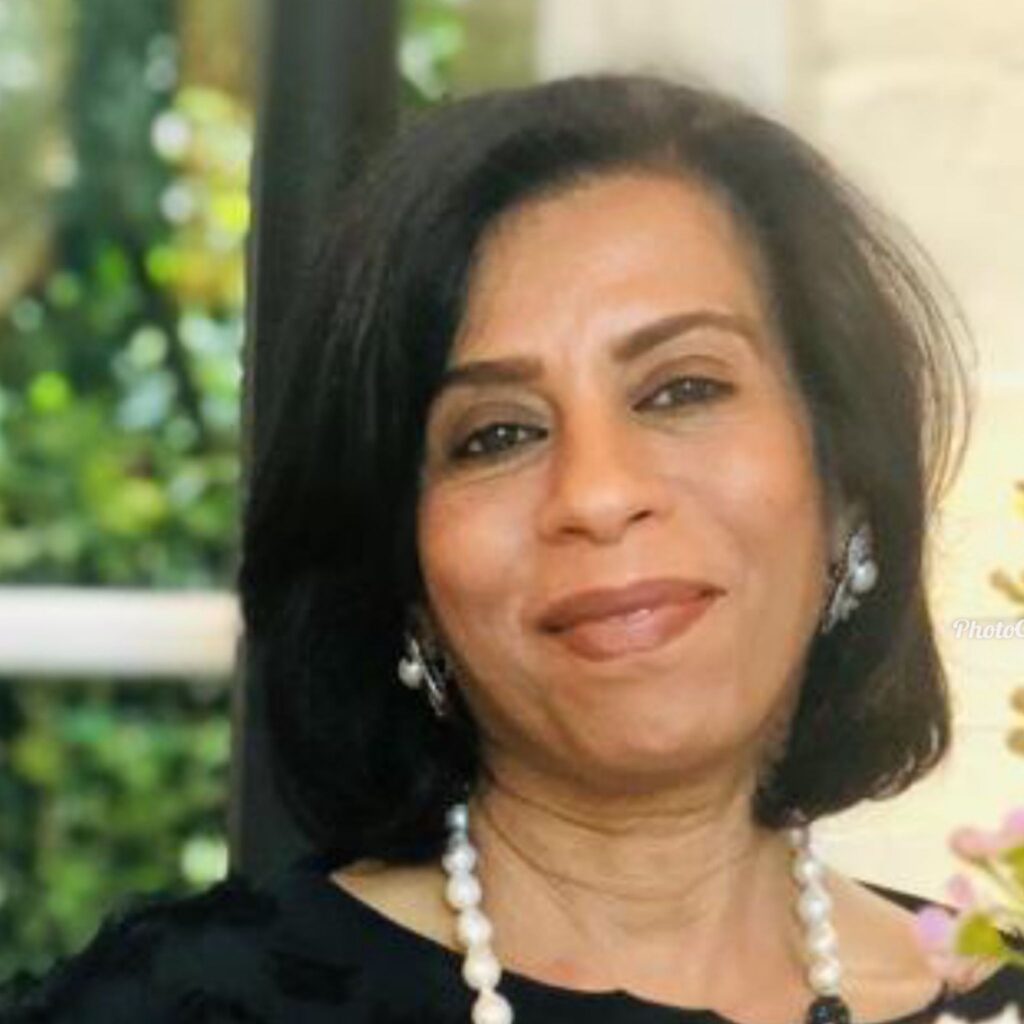
Bushra Al Muawed – Retired Banker and Travel Consultant
Unfortunately, the political situation in Kuwait spreads despair and a lack of optimism for the next stage. The many power struggles have made politicians forget their primary role and become preoccupied with their individual efforts. I hope they prove the opposite in these elections, change their attitudes, and pay attention to the state’s real problems and development in all fields.
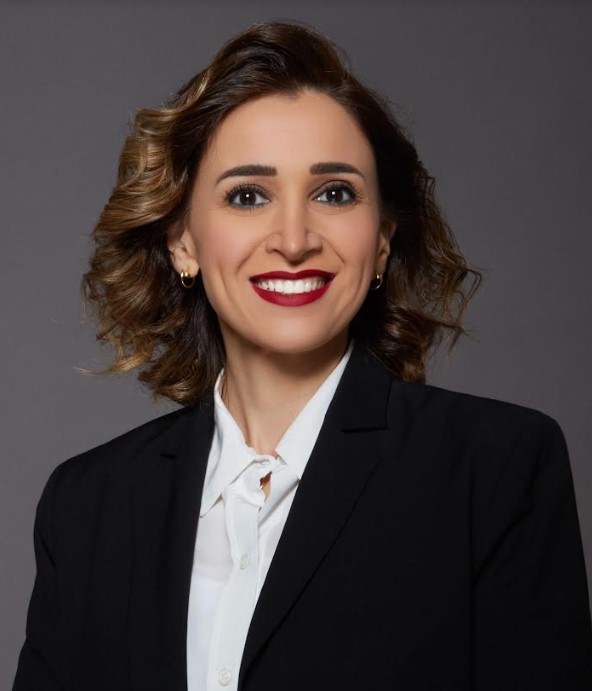
Shaima Bin Hussein – Entrepreneur and Women’s Rights activist
In all elections, whether for the parliament, municipality, or civil society, we seek what’s best for our country. We need parliamentarians who will improve the educational system and provide justice for women’s rights, including the rights of children of Kuwaiti women. They will ensure our civil liberties, ensure more cultural and sports activities that keep the youth busy and find housing solutions.
Yes, indeed, we voted ten months ago, but we still need to keep the hope and faith that good people can represent us in parliament and ensure the survival of democracy.
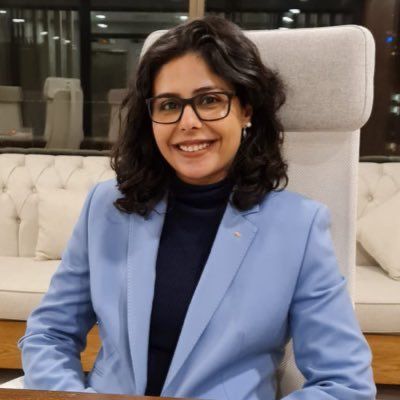
Dr Shahd Al Shammari - Assistant Professor of English
I am happy that we have at least one woman in parliament as there is more support after the last elections. I hope to see more positive changes and reforms. There needs to be a focus on disability and disabled women in education and healthcare.
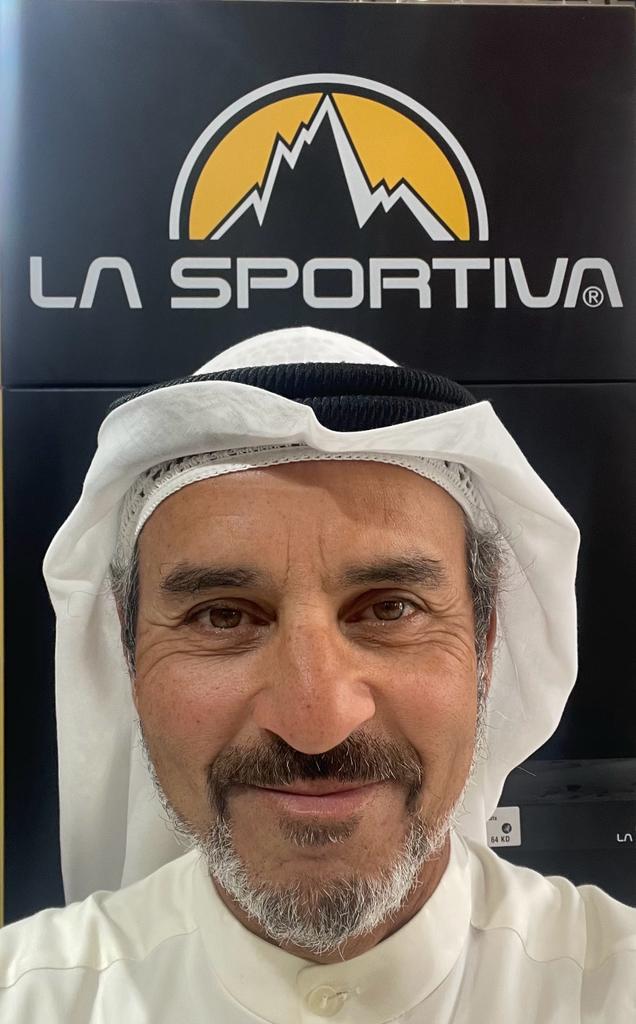
Bashar Al Huneidi – Environmental Activist & Founder of Kayak4Kuwait
We fervently desire that Kuwait reawakens from its harrowing ordeal and realises that we, the patriots, can rescue it from the clutches of an insidious enemy slowly devouring its essence. We ardently aspire for corruption to be classified as a grave betrayal and addressed with the full force of the law, ensuring that its punishment matches its severity. We passionately yearn to prioritise environmental preservation and the utmost commitment to sustainability, valuing them over monetary gains and actively aligning with our national needs today and in the future. We wholeheartedly envision Kuwait embarking on a green revolution across all its institutions, transforming into a harmonious haven for future generations to thrive. We earnestly long for enhanced police surveillance on our roads, coupled with rigorous enforcement of traffic laws, serving as safeguards for the innocent lives at risk from the perilous conduct of drug-impaired, intoxicated, or unruly young drivers. We sincerely hope to witness the eradication of self-serving MPs who prioritise personal gains over crucial matters, abandoning the use of dubious political tactics to cling to their seats. We strongly advocate for the eradication of legalised honour killings, a deplorable emblem of Kuwait's current social inequality, which is a profound source of disgrace.

Dr Abeer Al Omar
Regardless of changes in the names of PM and with the parliament being dismissed over and again, the rumours that a fully democratic system may be on hold for the next two to four years might be the best among the worst solution. It will give the government space for execution (though we know this will provide more room for corruption, at least it will let the wheel move and allow us to see what the government can do without the interference of the parliament members. I doubt this, as even the government body needs to be modernised.
It has become a challenging situation in the country that needs a revamp from the corruption, entitlement, and laziness that has emerged in a non-homogeneous society and culture before one brings changes or economic developments. The educational system and forced laws to ensure people respect the system and each other is a top priority.

Hussain Mairza – Retired Banker
The parliamentarians should have a clear list of objectives they can tackle with target dates, for which the people of Kuwait who voted for them can track them and hold them responsible. The MPs can activate the legal tools at their disposal to put the required pressure and hold the government accountable for doing the needed job. Voters should avoid tribal affiliations and vote selling to select suitably qualified candidates. But I am not expecting this parliament to be efficient either.
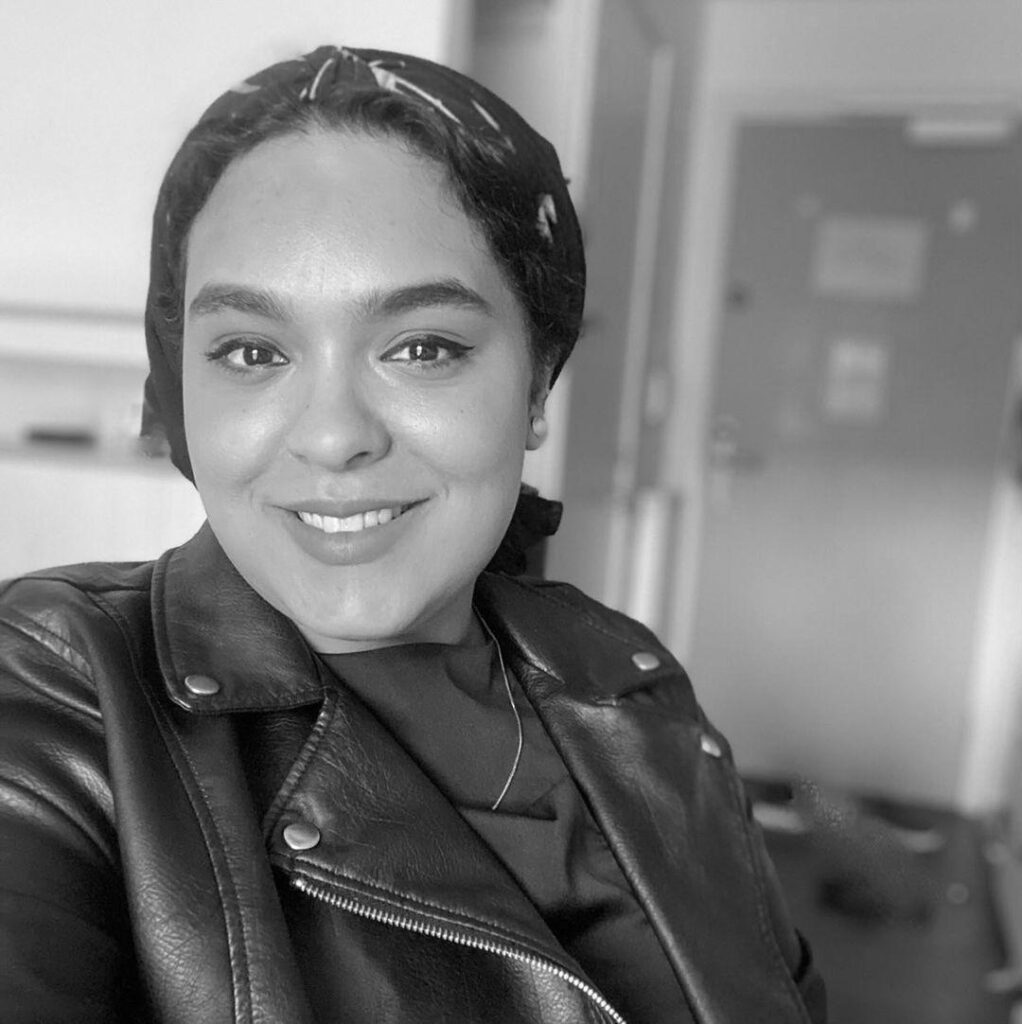
Dalal Al Ostad – Kuwaiti student in Edinburgh
I hope the election results bring a radical change in developing tourism, opening visas, and developing our road and public transport system. I look forward to a Kuwait where social and economic reforms will be designed to reduce the economic dependence on the oil sector.
Khalled Al Barrak - Businessman
I think continuing with the same system of having one vote for each citizen is contributing to no change in the foreseeable future. The one-vote law has created more divisions among electorates. Votes are now being cast for individual candidates.
As a result, accountability is hard to achieve. This law has helped to create a community that seeks authority and loyalty towards individuals in high posts. Those individuals are commonly made up of groups of the same family members, backgrounds or religious views, which undermines the country’s power and creates a regime within the regime. By Chaitali B. Roy, Special to the Arab Times

